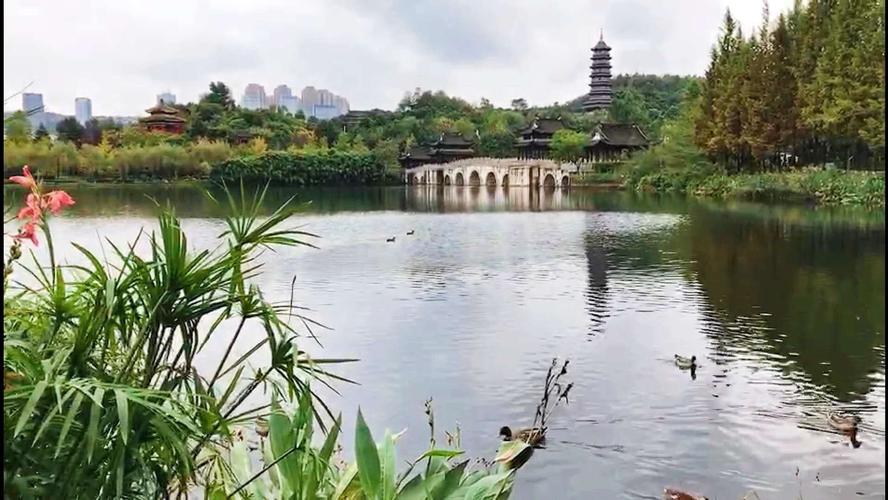Preserving Bolivia’s Enduring Cultural Traditions: The Importance of Ancestral Knowledge and Rituals
Bolivia is a country rich in culture, traditions, and ancestral knowledge. From the colorful outfits worn by indigenous women to the vibrant music and dance, Bolivia offers a unique experience to those who visit it. However, the preservation of these traditions is increasingly becoming a challenge in modern times. In this blog post, we explore the importance of preserving Bolivia’s enduring cultural traditions and the role of ancestral knowledge and rituals in achieving this goal.
Ancestral Knowledge as the Foundation of Bolivia’s Cultural Traditions
Cultural traditions in Bolivia are deeply rooted in ancestral knowledge passed down from generation to generation. This knowledge includes spiritual and cultural practices, beliefs, and customs that are essential to the identity and cultural heritage of Bolivians. Ancestral knowledge is the foundation upon which cultural traditions are built and must be preserved to maintain the vitality and authenticity of Bolivia’s heritage.
The Role of Ancestral Knowledge in Bolivian Community Life
Ancestral knowledge plays a significant role in community life in Bolivia. Community practices such as communal work or “mink’a” have been handed down for centuries; they involve community members coming together to carry out activities such as building houses, schools, or irrigation systems. This demonstrates the importance of communal work and the value Bolivians place on sharing knowledge and skills with each other. Moreover, social gatherings, music, and dance also form an essential aspect of Bolivian community life. These practices are often linked to religious celebrations, which themselves are an embodiment of ancestral knowledge.
The Importance of Preserving Bolivia’s Cultural Traditions
The preservation of Bolivia’s cultural traditions is essential for several reasons. Firstly, maintaining cultural traditions is vital for the identity and self-esteem of Bolivians. Bolivia’s cultural heritage provides a sense of belonging, pride, and continuity that connects people to their origins and strengthens social cohesion. Additionally, the vitality of Bolivia’s cultural traditions is an important tourist attraction, generating income and employment opportunities in the country’s tourism sector. Finally, preserving cultural traditions is essential to maintaining the ecological balance and biodiversity of Bolivia’s natural landscape. Many of Bolivia’s traditional ecological practices, like the production of organic crops, are essential to the preservation of its natural resources.
The Role of Ancestral Rituals in Preserving Bolivia’s Cultural Traditions
Ancestral rituals such as the Pachamama ceremony, the Ch’alla ceremony, and the All-Saints ceremony play a significant role in preserving Bolivia’s cultural traditions. These rituals are deeply entrenched in the culture and spiritual practices of Bolivia’s indigenous populations, who consider them vital for maintaining a balanced relationship between people, nature, and the spiritual world. In addition to being an important cultural practice, ancestral rituals also have practical benefits. For example, the Pachamama ceremony helps to maintain soil fertility, while the Ch’alla ceremony is considered essential for the protection of houses and other buildings from natural disasters such as earthquakes.
Conclusion
Preserving Bolivia’s enduring cultural traditions is a daunting task in the face of rapid social, political, and economic changes. The role of ancestral knowledge and rituals in preserving Bolivia’s cultural traditions cannot be overstated. They serve as the foundation upon which cultural traditions are built and help to maintain a sense of belonging, pride, and continuity among Bolivians. Ancestral knowledge and rituals also have practical benefits such as helping to maintain ecological balance and protecting buildings from natural disasters. Therefore, it is essential to continue to support the preservation of ancestral knowledge and rituals in Bolivia to maintain the vitality and authenticity of its cultural traditions.
(Note: Do you have knowledge or insights to share? Unlock new opportunities and expand your reach by joining our authors team. Click Registration to join us and share your expertise with our readers.)
Speech tips:
Please note that any statements involving politics will not be approved.
